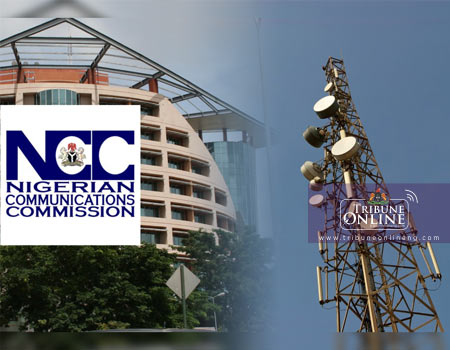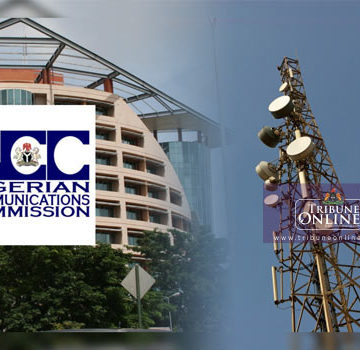Speaking at the 100th edition of Consumer Outreach Programme of the commission in Ogbomoso on Thursday, the executive commissioner (stakeholders management), Sunday Dare, said that only 10 million people lodge their complaints at NCC’s complaints centre out of 161 million telecoms subscribers.
“NCC has created too many spaces. There is a gap between NCC providing the information for the consumers and the consumers actually using that information.
For example, we have a number 2442 out for consumers to complain about unsolicited calls and messages. When we started, we had 900,000 people. After one year, we had 10 million people. We have 161 million consumers only 10 millions have activated and others are complaining. Why? Because they have the information but not activating it. We have our complaints centre for 24 hours. It is left for the consumers to get the information to empower themselves.
ALSO READ: Do patients make doctors sick with complaints?
“The NCC does not have the policy of name and shame. What is important is the resolution of the complaints. I can tell you from our complaints centre we receive close to 8,000 complaints. The resolution rate is over 90 per cent. And I think that is what is important. That means rather than wait to be fined, the operators work closely to resolve these complaints,” he said.
Mr Dare also said that the level of compliance of the network providers to NCC regulation is about 80 per cent, adding that the network providers know that there is a cost for non-compliance.
“We fined them millions of Naira on a monthly and quarterly basis. We don’t put it out in the media but they feel the pain. They pay this money for default. Every single consumer is important to NCC. If you are a consumer and you reach us on 622 for your complaints, the NCC will defend you and you will be compensated,” he said.
Also speaking, Director, Consumer Affairs Bureau of the commission, Mrs Felicia Onwuegbuchulam, said that NCC was working to reduce the menace of call masking/refilling.
She also said that strategies being used to abate that include deployment of appropriate technology and working on the issuance of direction to MNOs in order to explore technical means not to allow their networks to be used for call masking and SIM boxing activities.
Mrs Onwuegbuchulam said that other strategies are creating awareness on call masking through different social platforms; embarking on continuous compliance, monitoring and enforcement activities to detect victims of call masking.
“The commission is in the process of choosing the best from a list of technology solutions used in other countries, to block the devices, track and apprehend the culprits.
“Tightening of subscriber identity module (SIM) registration processes across all networks to reduce the availability of SIMs for SIM boxing as well as address security issues around availability of pre-registered or fraudulently-registered SIMs”






